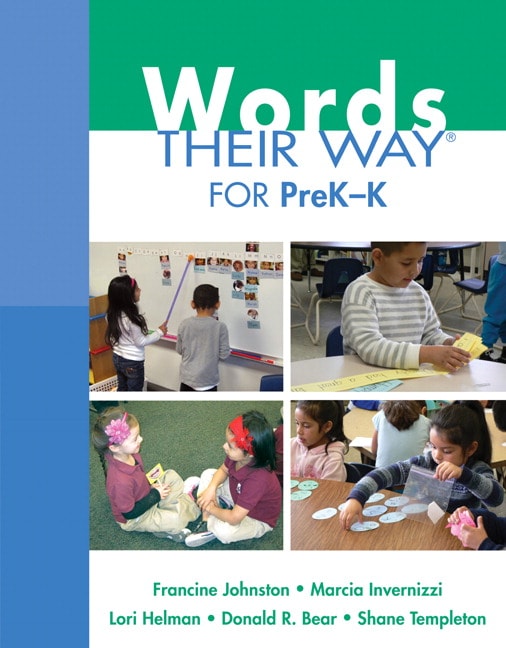

Beyond that, Finland also has lower rates of diagnosed ADHD than the U.S. Rather than punishing children for speaking out in class, for example, Finnish teachers adapt the environment according to students’ needs. Marschall contrasts the United States with Finland, whose schooling system greatly differs from ours. In other words, it’s not that adults age out of ADHD it’s that they’ve learned to deal with it, or have chosen career paths that are more stimulating and active than, say, sitting in a classroom all day. As adults, we get a certain amount of self-selection that kids don’t.” They go to math when they’re told they’re going to have math, and then they sit still until they’re let out for recess - unless they misbehave and then that gets taken away. They’re going to the school you tell them to go to. What happens is, really, that kids don’t get to choose their environment. “It’s a brain difference, so 'outgrowing' isn’t really the right word. “It’s neurodevelopmental,” says clinical psychologist Amy Marschall. Really, though, we shouldn’t be thinking of it as “growing out of it” at all. But new research has revealed that while intermittent periods of remission may occur, 90% of children with ADHD will still experience symptoms as adults. Researchers once believed that nearly half of all children diagnosed with ADHD would “grow out of it” by adulthood. Our understanding of ADHD has undoubtedly improved over the years. In fact, recent studies have examined the stigma surrounding adult ADHD, also acknowledging that adult ADHD is itself under-researched compared to its childhood counterpart. Still, the unfortunate reality is that the film’s narrative isn’t isolated. Other featured subjects are more (conventionally) successful adults: a Silicon Valley techie who calls Adderall “jet fuel” a Goldman Sachs banker who lied his way into getting a prescription, and Eben Britton a former NFL player who became addicted to Adderall and would take it before every game.Ĭritics have called the film “myopic,” “fear-mongering” and of little substance other than spreading stigma. The film includes interviews with several subjects, some of whom are college students who take Adderall - one used the drug to “sew up” her life, while another had been taking it since childhood. The 2018 Netflix documentary Take Your Pills exemplifies this narrative.
/Childpracticinghandwriting-GettyImages-92914188-5a091681494ec90037070202.jpg)
This phenomenon, which some researchers say is a symptom of hypercompetitive capitalism, will lead to a second “opioid crisis,” where we take drugs to tune in rather than out.

overdiagnoses ADHD and overprescribes these stimulant medications.

Here's the story we're often told: The U.S. It's not hard to see that there's an overwhelmingly negative narrative surrounding attention deficit hyperactivity disorder (ADHD) and psychostimulants - drugs that can boost the activity of the body's central nervous - in the United States.


 0 kommentar(er)
0 kommentar(er)
